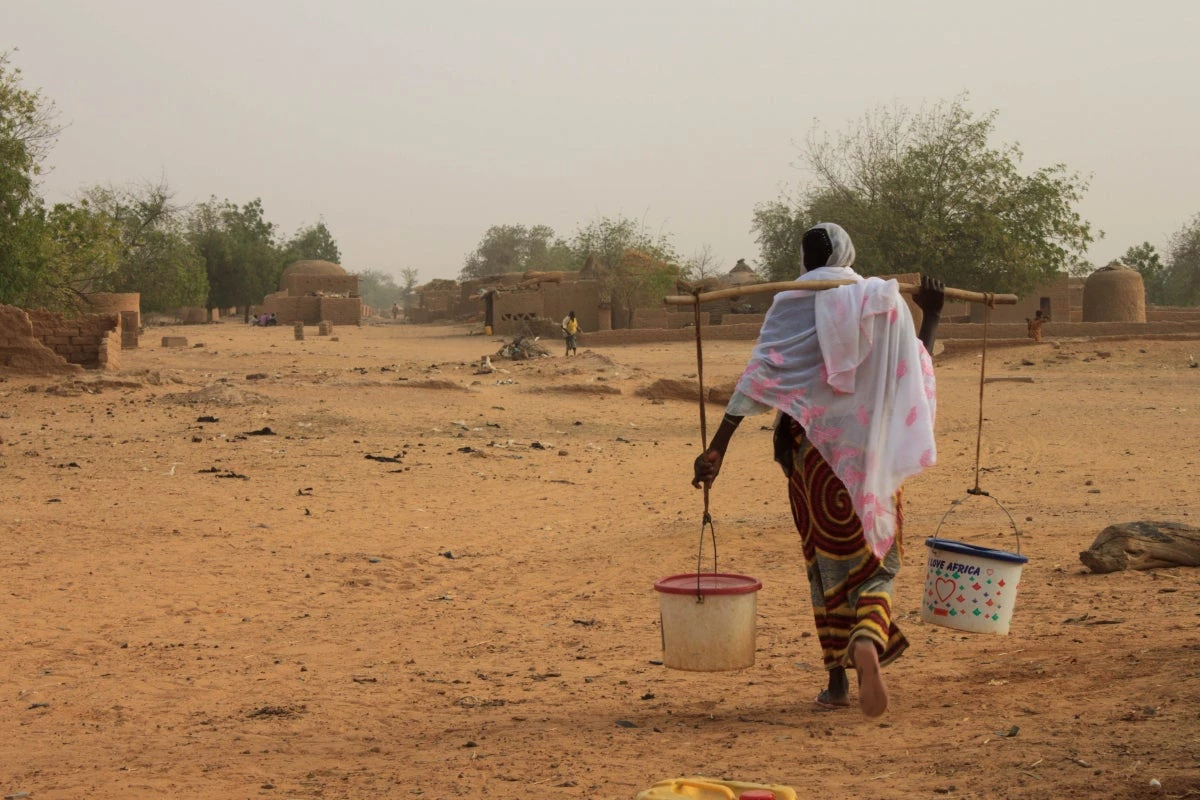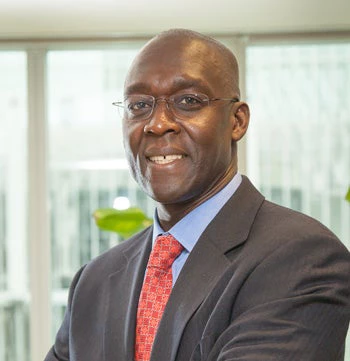In country after country in Sub-Saharan Africa, new discoveries of oil, natural gas and mineral deposits have been making headlines every other week it seems. When Ghana’s Jubilee oil field hits peak production in 2013, it will produce 120,000 barrels a day. Uganda’s Lake Albert Rift Basin fields could potentially produce even greater quantities. Billions of dollars a year could flow into Mozambique and Tanzania thanks to natural gas findings. And in Sierra Leone, mining iron ore in Tonkolili could boost GDP by a remarkable 25 percent in 2012.
My strong hope is that all the people living in these resource-rich African countries also get to share in this new oil and mineral wealth. So far, with one of few exceptions being Botswana, natural resources haven’t always improved the lives of people and their families. From what I see on my constant travels to the continent, economic growth in most resource-rich countries is not automatically translating into better health, education, and other key services for poor people.
Many resource-rich countries tend to gravitate towards the bottom of the global Human Development Index, which is a composite measure of life expectancy, education and income.
One strikingly effective way to make sure that all people, especially the poorest, share in the new minerals prosperity is through safety nets and social protection programs. These are designed to protect vulnerable families and promote job opportunities among poor people who are able to work. This in turn makes communities stronger and more secure, while reducing painful inequalities between people.
Social protection programs are already central to poverty-fighting, higher growth national strategies across Africa, and have played a significant role reducing chronic poverty and helping families become more resilient in the face of setbacks such as unemployment, sudden illness, or natural disasters such as droughts or floods. These programs have also allowed families to invest in more livestock or grow more food, and increase their earnings.
You can see Africa’s growing interest in social safety nets in the fact that governments have set up more than 130 cash transfer programs in over 35 countries. Direct cash transfers to poor people often work side-by-side with workfare programs that create jobs for people in public works such as building roads. Where these programs have been well set-up and managed, the results have been excellent.
In Rwanda, the government attributes its plunging poverty rate from 57 percent in 2006 to 45 percent in 2011 partly to the Vision 2020 Umurenge program of cash transfers and public works. In Ethiopia, the Productive Safety Net Program covering a tenth of the population has created green fields, helped people add more goats and cows to their livestock herds, and protected people against the worst effects of drought and high food prices, while reducing emergency payments at the same time, for the remarkably affordable price of 1.2 percent of GDP.
While these programs can always be improved, there is no doubt that in addition to helping people become healthier and more educated, with better job prospects, they can also have other powerful benefits.
Take the case of Zambia, where as much as one-third of cash transferred to destitute households affected by HIV/AIDS was invested in small livestock, farming and other small business opportunities. In Lesotho, the Child Grants Program has shown significant spillover benefits, with cash transfers increasing the real income of other family members by about 24 percent.
We can now see vivid examples in Africa today of how safety nets and other social protection programs can be powerful assets to governments and communities in their efforts to reduce poverty and inequality while promoting more social cohesion and less instability in countries which have become stuck in poverty and conflict trap, despite, or perhaps because of, their natural resources wealth.
When poverty falls and people become more hopeful and take new interest in the transformational promise of natural resource revenues, governments will slowly become more accountable to citizens—often a major gap in post-conflict and conflict-affected states. Also, social protection programs in fragile and violent settings can quickly help stabilize high-risk situations by creating work and providing much-need income for people battered by insecurity and fear. Overall, programs like these can help communities and families rebuild their lives after the guns stop firing, and create the possibility of a lasting, restorative peace for the next generation.
So, a burning issue is how to translate natural resources wealth into better education, health, and livelihoods for all Africans, and not just the fortunate few who may be well-connected. This in turn helps to reduce poverty and speed the steady evolution of well-diversified economies in the years ahead—regardless of commodity price levels.
Investing in people is more important than ever given that Africa is home to a fast-expanding group of teenagers and young adults throughout the continent. The World Bank’s new strategy on labor and social protection, which has been greatly shaped by consultations with stakeholders in Africa, and by lessons from Latin America and elsewhere, recommends that African governments see the vast development potential of social protection systems which protect poor and other vulnerable people in resource-rich countries.
Social protection is a smart, strategic, and proven means to sustaining the remarkable economic and social transformation underway across many countries in Africa today.
More Information:
Social Protection Strategy for Africa
Watch:
Boosting Food Security in Niger
Rebuilding Social Infrastructure in Post-Conflict Sudan
Building Skills for Youth in Kenya
The Rise of Social Safety Nets in Africa



Join the Conversation